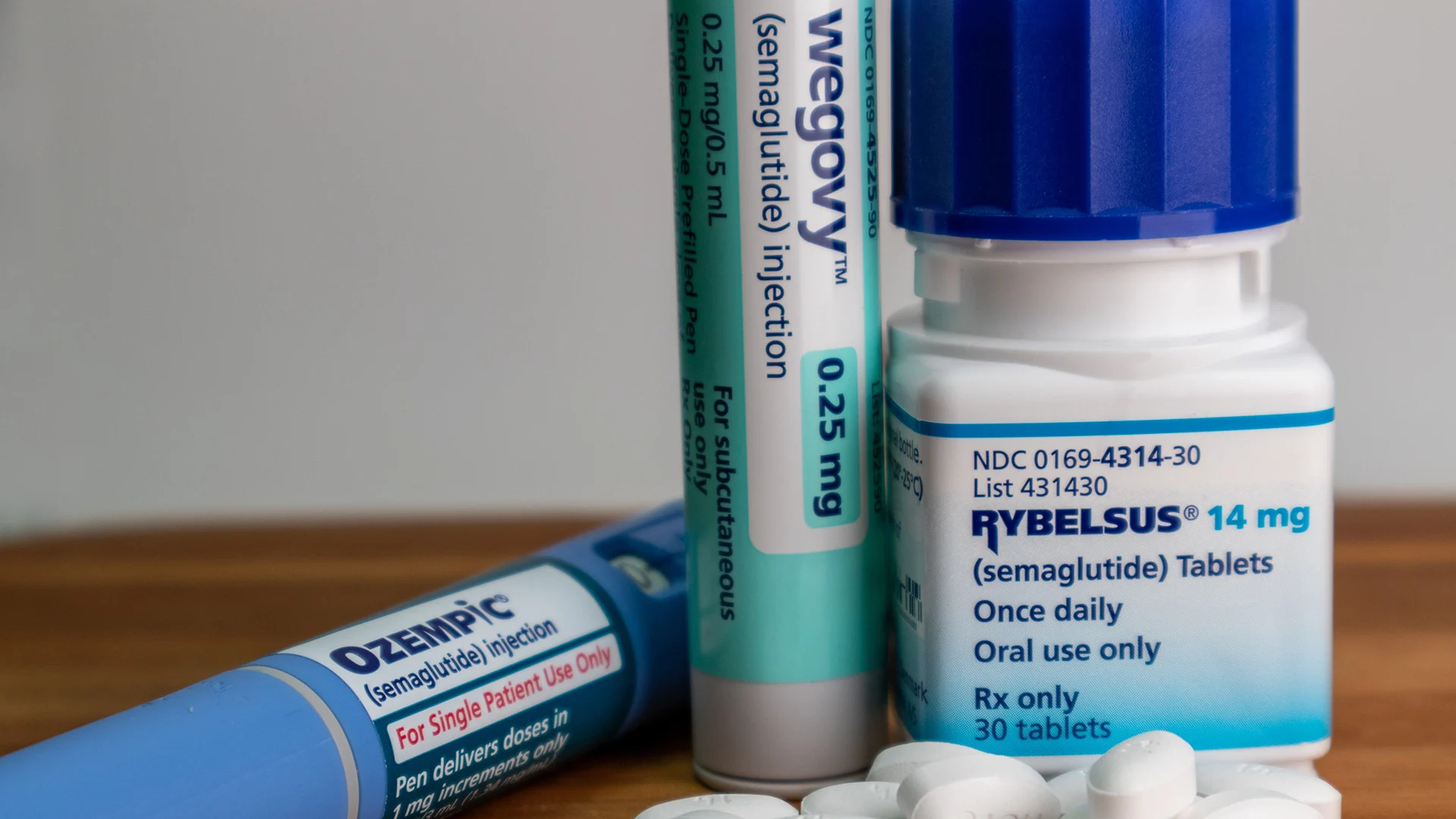
Overview
TrumpRx and MFN pricing deals are reshaping how biotech startups market medicines, set prices, and plan U.S. manufacturing. Here’s what founders need to know before the 2026 rollout.
Biopharma companies planning to sell medicines in the U.S. may need to rethink both their go-to-market strategies and their supply chains in the wake of new efforts by the Trump administration to lower drug prices and bring more manufacturing back to the U.S.
At the center of this shift is TrumpRx, a planned federal website that will direct patients to drugmaker storefronts with transparent cash prices. To secure lower costs, the administration is signing company-by-company agreements that include most-favored-nation (MFN) pricing, which aligns U.S. drug prices with those in other advanced economies. In exchange, firms are being urged to expand U.S. manufacturing capacity, with tariff threats serving as leverage and waivers offered to companies that build domestically. The site is slated to launch in 2026—giving biotech startups a short window to prepare.
RELATED: The Future of Healthcare Innovation 2025 Report
“In case after case, our citizens pay massively higher prices than other nations pay for the same exact pill, from the same factory,” Trump said in a news release. “Effectively, we’ve been subsidizing socialism abroad with skyrocketing prices at home.”
Several major pharmaceutical companies—including Pfizer and AstraZeneca—have already signed on. Deals with Novo Nordisk and Eli Lilly are pending. Under these agreements, companies will offer MFN pricing for state Medicaid programs and new drug launches, while selling select medicines to patients at steep cash discounts through TrumpRx.gov. Pfizer says most primary-care drugs will be about 50 percent off on average (up to 85 percent), while AstraZeneca says eligible chronic-disease treatments will be discounted up to 80 percent.
In parallel, The Pharmaceutical Research and Manufacturers of America (PhRMA) announced plans to launch its own direct-to-consumer portal in 2026—AmericasMedicines.com—allowing manufacturers to list medicines and connect with patients directly.
Rethinking Go-to-Market Strategies
Biotech founders preparing to commercialize new medicines will likely need to factor in direct-to-consumer (DTC) models as part of their launch strategy, industry experts say.
James Reilly, a market access strategist with A3Access, expects early adoption to center on lower-cost chronic treatments for underinsured patients and those with high deductibles, while very high-priced or complex therapies will face steeper barriers to direct sales.
“I do think there will be continued growth in direct-to-consumer purchasing,” Reilly said in an interview. “Growth will also be driven by a general desire for more transparency in pricing and to minimize rebate shenanigans.”
Jeremy LaJoice, chief compliance officer at Prescription Analytics, said biotech companies should prepare for a hybrid market—maintaining traditional health-plan channels while building new direct-to-consumer options with posted prices and patient support. He advised founders to plan early and stay flexible as policy rules and eligible product lists evolve.
“Companies that prepare now—with clear pricing models, diversified manufacturing plans, and strong patient access strategies—will be best positioned to adapt as these new policies take hold,” LaJoice said.
RELATED: 4 Women’s Health Entrepreneurs Reveal Go-to-Market Strategies
Manufacturing Comes Home
Beyond pricing, biotech leaders will also need to revisit manufacturing strategies to align with policy incentives.
LaJoice recommends adding at least one U.S. manufacturing step—such as active pharmaceutical ingredient (API) production, sterile fill-finish, or packaging—and lining up a domestic contract partner. Doing so can reduce tariff risk and demonstrate good faith as federal agencies increasingly link pricing and access to U.S.-based operations.
“Domestic production is increasingly becoming a strategic decision rather than a cost decision, offering advantages in policy alignment, market access, and supply-chain reliability,” he said.
The Bottom Line
For biotech startups, TrumpRx and MFN pricing represent more than a policy shift—they signal a market reset. Founders should expect growing regulatory and investor pressure to localize manufacturing, increase transparency in pricing, and engage directly with patients. Those who act early could gain a competitive edge as the landscape tilts toward U.S.-built, directly marketed medicines.








